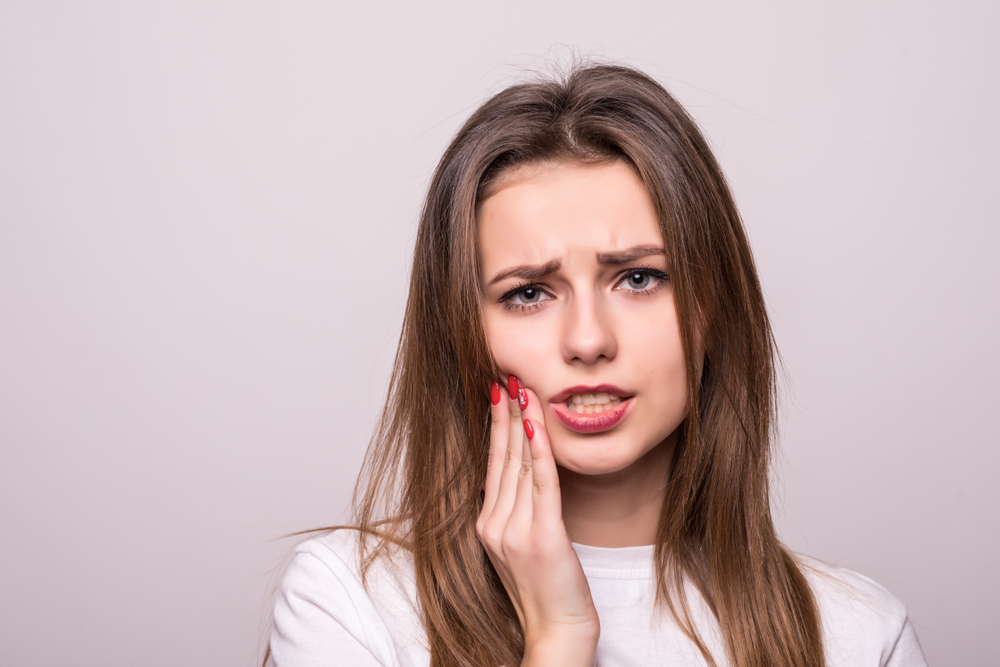Do you experience pain or discomfort when you eat or drink hot, cold, sweet, or acidic foods? If so, you may have sensitive teeth. Tooth sensitivity can be a frustrating and uncomfortable issue that affects people of all ages. Fortunately, there are several ways to manage and reduce tooth sensitivity.
As a trusted and experienced dentist, Dr. Liggett understands the challenges of dealing with sensitive teeth. He has helped countless patients in the Sonora area overcome this issue and maintain healthy, pain-free smiles. In this post, we’ll explore some of the causes of tooth sensitivity and discuss professional advice from Dr. Liggett on managing this common dental issue.
Causes of Tooth Sensitivity
Tooth sensitivity occurs when the enamel on your teeth wears down or your gums recede, exposing the underlying layer of your teeth (dentin). Dentin contains microscopic tubules that lead to the nerves in your teeth, which can cause pain or discomfort when they come into contact with certain stimuli. Some common causes of tooth sensitivity include:
- Brushing too hard or using a hard-bristled toothbrush
- Tooth decay or cavities
- Gum disease or receding gums
- Teeth grinding or clenching (bruxism)
- Acidic foods or drinks
- Teeth whitening products
- Age-related wear and tear
Managing Tooth Sensitivity
If you experience tooth sensitivity, it’s important to see a dentist like Dr. Liggett to determine the underlying cause and develop an appropriate treatment plan. Additionally, here are some tips from Dr. Liggett on managing tooth sensitivity:
- Use a soft-bristled toothbrush: Brushing too hard or using a hard-bristled toothbrush can damage your enamel and cause gum recession, leading to tooth sensitivity. Dr. Liggett recommends using a soft-bristled toothbrush and gentle circular motions when brushing your teeth.
- Avoid acidic foods and drinks: Acidic foods and drinks can erode your enamel and expose the sensitive dentin layer of your teeth. Limit your consumption of soda, citrus fruits, and other acidic foods and drinks, and rinse your mouth with water after eating or drinking them.
- Practice good oral hygiene: Good oral hygiene is essential for maintaining healthy teeth and gums. Brush your teeth at least twice a day, floss daily, and visit your dentist for regular cleanings and checkups.
- Consider desensitizing toothpaste: Dr. Liggett may recommend using a desensitizing toothpaste to reduce tooth sensitivity. These toothpastes contain compounds that block the tubules in your teeth and reduce sensitivity.
- Get a mouthguard for teeth grinding: If you grind your teeth at night, a custom-fitted mouthguard can help protect your teeth and reduce sensitivity.
Tooth sensitivity can be a frustrating and uncomfortable issue, but by following these recommendations from Dr. Liggett, you can manage and reduce your symptoms. By taking steps to protect your enamel, practicing good oral hygiene, and seeking professional treatment, you can keep your smile healthy and pain-free.


